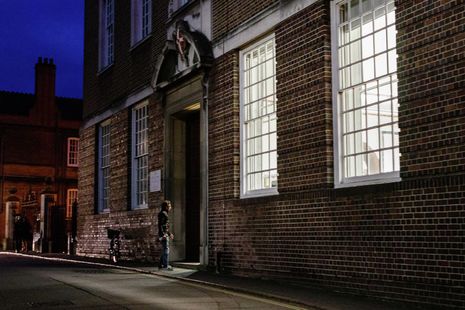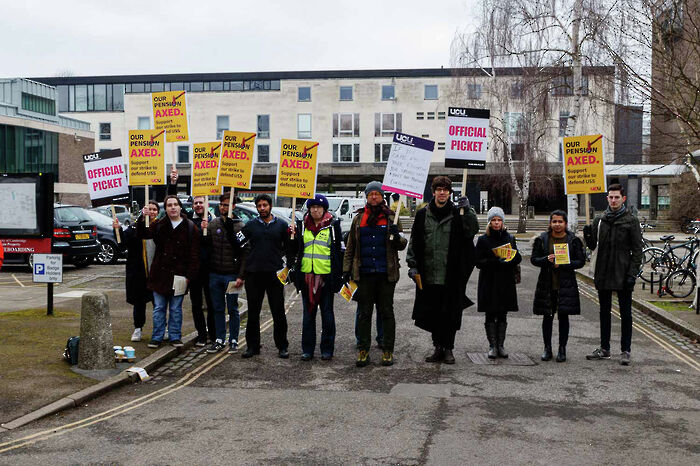A third of University Staff ‘have witnessed or experienced bullying’
One Union commented on the “culture of bullying” at the University, according to a new Guardian report.

One third of those who work at the University have either experienced or reported witnessing bullying or harassment in the past 18 months, an internal University survey conducted in July 2018 seen by the Guardian has revealed.
The survey sampled 3,000 University staff, and was jointly conducted by Cambridge University and three staff unions: Unite, Unison, and the University and College Union.
Of all the groups accounted for in the survey, women and non-academic assistant staff reported the highest levels of bullying and harassment.
It also revealed problems with systems in place for staff to report incidents. Many of those reporting bullying and harassment indicated unfavourable outcomes, and over half not reporting incidents at all over fears of inaction, retaliation or it having a negative impact on their careers.
“Bullying and harassment was a big issue and we’ve known for years, but it wasn’t until the survey was carried out that it started to be taken seriously,” said Will Smith, Secretary of Unite, speaking to The Guardian.
“It’s very difficult to discipline academics and almost impossible for them to lose their jobs except in really dire cases. I’ve been here 30 years and can’t think of anyone being dismissed – some have left but not dismissed.”
According to the report, Vice-Chancellor Stephen Toope had commented on the results of the survey, writing, “To be a leading institution, we must accept that this type of behaviour has no place at Cambridge.”
“The experiences of bullying and harassment shared by some of the staff participating in this joint survey show us, however, that we have work to do to make this a reality for all.”
In response, Cambridge Defend Education told Varsity “this depressing news story emerges naturally from an institution which is heavily hierarchized, and whose staff are placed under increasing pressure by the imposition of marketisation onto the university.
“This situation is exacerbated by the rise of precarious employment on campus. This all shows the importance of having strong and supported unions that are capable of fighting for the right to dignity at work.”
A University spokesperson told Varsity “the University has recently run two staff surveys. In the first,which looked exclusively at the culture of mutual respect (to which 25%of staff responded), 21.6% of respondents reported that they had experienced bullying and harassment. A second, University-wide survey(to which 70% of staff responded to similarly worded questions but over a different time frame), found that 11.5% of staff had been bullied or harassed.”
“The University strives at all times to provide an inclusive and supportive working environment where staff are – and feel – trusted and valued. This includes being open about issues such as bullying and harassment, listening to staff concerns and responding appropriately.Work in this area is at various stages, but includes the introduction of improved support services for staff, such as new Dignity at Work contacts and professional mediators, the delivery of culture change and inclusive leadership training, and a review of the University’s investigations process.”
This article was edited to specify the result included staff witnessing bullying or harassment, as well as subject to them. An additional comment from a University spokesperson was also added.
 News / Colleges charge different rents for the same Castle Street accommodation2 March 2026
News / Colleges charge different rents for the same Castle Street accommodation2 March 2026 News / King’s hosts open iftar for Ramadan3 March 2026
News / King’s hosts open iftar for Ramadan3 March 2026 Theatre / Lunatics and leisure centres 4 March 2026
Theatre / Lunatics and leisure centres 4 March 2026 News / Angela Merkel among Cambridge honorary degree nominees27 February 2026
News / Angela Merkel among Cambridge honorary degree nominees27 February 2026 News / News in Brief: waterworks, wine woes, and workplace wins 1 March 2026
News / News in Brief: waterworks, wine woes, and workplace wins 1 March 2026








